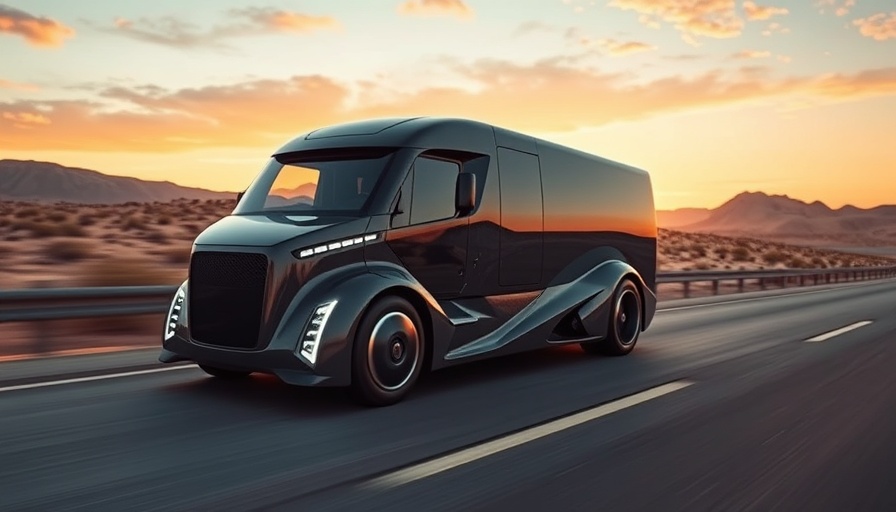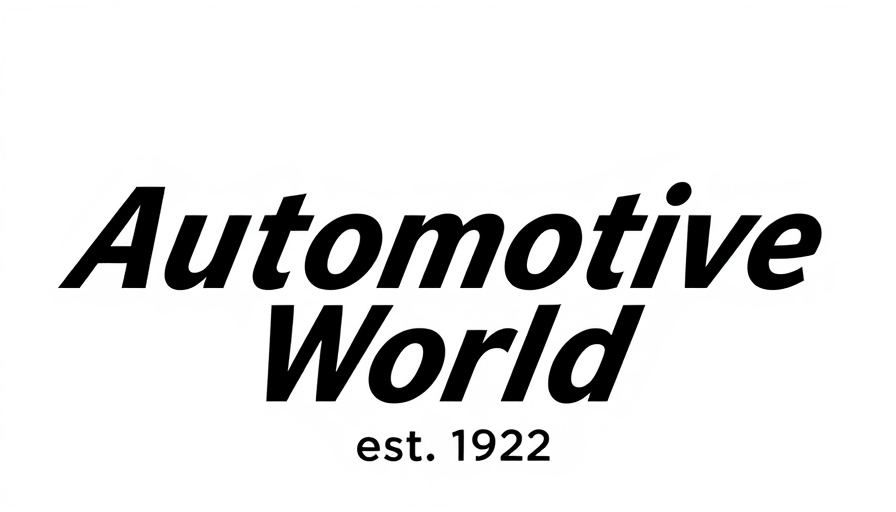
The Dawn of a New Era in Transportation
The successful completion of the ATLAS-L4 project marks a significant leap forward in the realm of autonomous transportation, particularly within the logistics sector. Over a three-year period, twelve partners from various backgrounds such as engineering, science, and software development joined forces to create a Level 4 autonomous truck, bringing this groundbreaking technology from concept to reality. The encouragement and funding from the Federal Ministry for Economic Affairs and Climate Protection were instrumental in hitting the project’s ambitious targets, reinforcing Germany's role as a leader in autonomous vehicle technology.
Engineering Collaborations Drive Innovation
With contributions from notable companies like MAN Truck & Bus and Bosch along with esteemed academic institutions like the Technical University of Munich, the ATLAS-L4 project demonstrates the power of industry collaboration. The project’s success is attributed to the integration of redundant safety features—including steering and braking systems—ensuring that, even in autonomous mode, the vehicle operates under stringent safety protocols. Dr. Frederik Zohm from MAN highlights the importance of teamwork in achieving innovations relevant not just for Germany, but for Europe as a whole.
The Regulatory Framework Paving the Way
The legislative advancements made in 2021 were critical for the project’s trajectory. The establishment of a legal framework that allows for Level 4 autonomous driving on designated routes under technical supervision has positioned Germany uniquely. This regulatory environment fosters innovation by simplifying the path for new technologies to be safely tested on public roads, paving the way for a future where autonomy could become the norm in road transport.
Real-World Testing: A Critical Step Forward
The project officially launched on January 1, 2022, with the first real-world tests occurring in April 2024, showcasing tangible progress. During the initial trials, safety drivers were onboard, but the software was regularly assessed and refined based on real-time feedback. This robust testing is not just a formality; it is necessary for gaining both public trust and regulatory approval for commercial use of autonomous trucks.
What Lies Ahead? Future Prospects
The impact of the ATLAS-L4's outcomes on the logistics and transportation industry could be profound. This prototype technology sets a precedent for future developments, as it holds promise for bolstering efficiency and reducing dependency on human drivers in logistics. Furthermore, insights gained from this project could inform future regulations and technological innovations across Europe and elsewhere.
Key Takeaways: Why This Matters to Dealerships
The advent of autonomous trucks is critical for dealership owners and GMs, particularly in understanding how this technological shift will shape customer expectations, logistics, and ultimately sales strategies. Dealer principals must consider how advancements in technology will influence supply chains and transportation methods, preparing their businesses to adapt accordingly.
 Add Row
Add Row  Add
Add 

 Add Row
Add Row  Add Element
Add Element 




Write A Comment